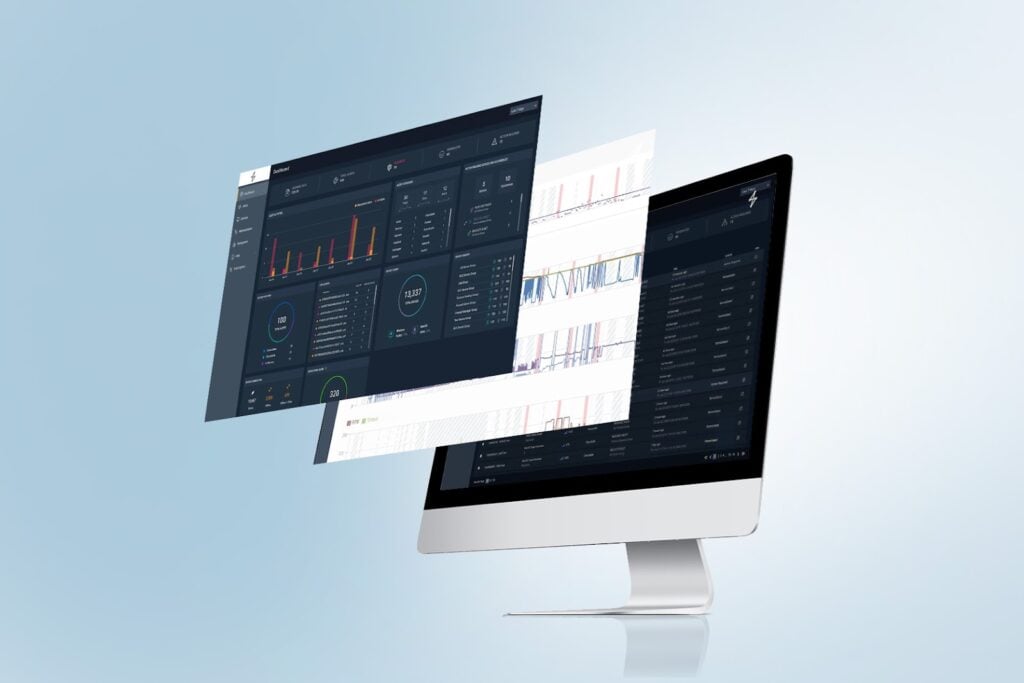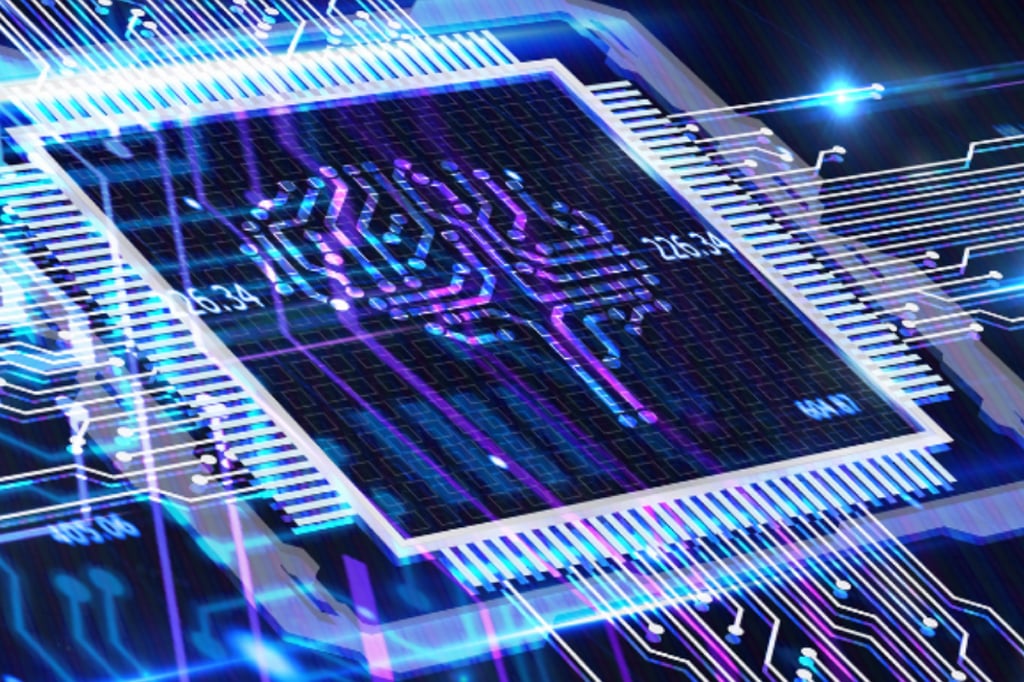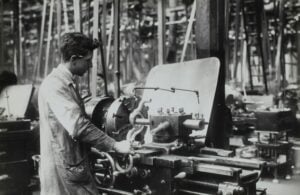This week, the U.S. celebrated Labor Day to honor the contributions of workers to our country’s prosperity. As we enter the era of AI, the discussion around labor tends to focus on a single existential fear: that AI will take our jobs.
From my viewpoint as Founder & CEO of SparkCognition, a company at the front lines of AI, I want to address this concern and share my vision for our AI-enabled future.

Yes, AI will replace jobs.
As economist Joe Brusuelas noted for Crunchbase, “Technological unemployment is not anything new… In fact, it’s likely to accelerate.” Just as automation replicated human muscle in the Industrial Revolution, AI will replicate cognition, reducing the need for human involvement in routine or repetitive tasks across industries.
My own ideas on this topic revolve around the observation that, beyond the very basic human needs, what determines economic value is a shared societal agreement upon the worth of something. For example, we have decided that it is worth a lot of money to hit a baseball thrown at 90+ mph out of a diamond-shaped park, but hold less value to reading books and organizing discussions about them. Society decides what is valuable, thus I hope that over time AI enables humans to allow other activities to be equally as important.
Analysts say in the near-term, AI will create more jobs than it displaces.
McKinsey & Company pointed out that eliminated jobs have historically been absorbed in other areas. Gartner projects that while AI will eliminate 1.8 million jobs, it will create 2.3 million jobs by 2020. There are many proposals being discussed today, including a reduction in working hours, providing guaranteed basic income, Bill Gates’ proposal to implement a robot tax and so on. I think many of these ideas can work. Some are already working. For example, France has reduced the number of working hours and no great disaster befell the country!
We need to share the benefits of technology to free people from jobs that can be dangerous or those that most would consider boring and demotivating. One thing is for sure, if we use technology as a means to concentrate wealth in a small number of hands while the majority of humanity becomes relatively worse-off, it will be an invitation for trouble.
It’s important to take a long-term view.
If mind and muscle are both replicated by machines, what is there left for us to do? Mass automation has yet to fully unfold, and we should use this time to pave the way for a viable future in which we can leverage machines but still provide a pleasant and meaningful life to the citizens of the world.
So yes, artificial intelligence and the machines it controls will take many of the jobs we do today, but perhaps that is a good thing. The redefinition of what has constituted “gainful employment” has shifted and morphed over millennia. At one time, anything unconnected with supplying basic needs was a luxury, but soon we considered other pursuits to be of economic value. As this process continues, new occupations will rise to have tremendous economic value. We want to continue our evolution as a species and for this, change is good—even necessary.
We can’t afford to rest on platitudes and hope these questions will sort themselves out. The solution lies in embracing AI early and taking action (like restructuring education systems to support the jobs of the future).
Societies and social contracts take a long time to evolve, but as I discuss in my book, The Sentient Machine, I’m confident AI is moving us toward a safer, more liberated future.
















